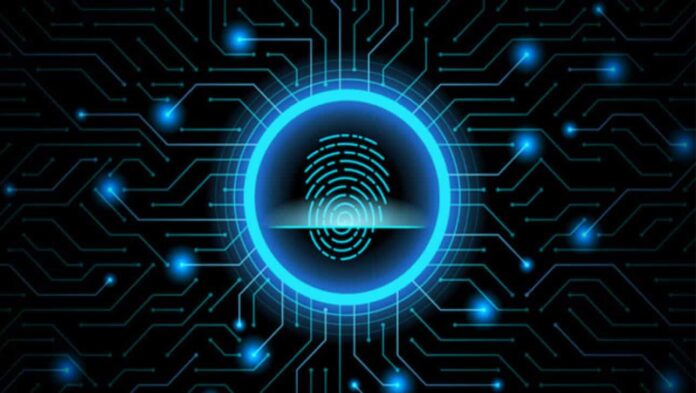Every day, new cybersecurity dangers emerge and become a source of frustration for Internet users. As technology advances, security risks increase proportionally. We have too many reasons to deal with cybersecurity threats daily, some of which can be mitigated through regular everyday practice.
Cybersecurity threats
- Several typical user actions facilitate a hacker’s entry: like
- Utilizing the same password for several accounts.
- If you don’t log off a shared computer.
- Utilizing the same login credentials on many websites.
1. Using a week password
These acts and errors increase the likelihood of a cyberattack and allow hackers to access your account or computer and steal sensitive data. Cyber-criminals utilize the most up-to-date technology and algorithms to hack user data with greater vigor and efficiency. Users must be aware of these hazards and take drastic measures to prevent cyber assaults and threats.
2. The Most Important – User Awareness
As internet penetrations increase, cybercriminals have more opportunities to hijack user accounts and devices due to technological improvements. Consequently, this issue has been on the agenda of security experts and specialists for quite some time. However, the greatest challenge is teaching end-users to reduce security assaults. The level of awareness of “security dangers” should improve substantially.
Constant data leaks and reports of cyber-crime have caused people to be more vigilant about the privacy and security of their personal information. To protect the user’s data, the security professionals and experts are communicating with greater efficacy the specific actions and operations that must be performed online. It is necessary.
3. Internet of Things
The Internet of things is a crazy concept. Government and businesses provide too much user support and help outlines. Numerous plans and discussions around “Digital-Space” security should be comprehensive, encompassing both essential and minor changes in user behavior. However, private and public corporations cannot always find and identify security issues in the fields in which they have invested. The enterprise cannot always track and comprehend the correlation between cyberattacks and the rising awareness of data leaks.
4. Few experts and Lots of tasks.
Experts in Information Security are scarcer than problems. Numerous industries struggle with “rapid response” to growing dangers. The amount of threats has skyrocketed, and businesses cannot handle the large influx of alerts, threats, and attacks. Concurrently, hackers and attackers use bots, IoT (Internet of Things) devices, and other extensive network-based technologies to eradicate a compromised system with greater efficiency and activity. Additionally, it is difficult to foresee the potential size of assaults carried out via infected and compromised IoT devices.
The most significant issue is that firms attempt to automate the process independently because they lack time to engage a specialist. Lack of awareness makes it difficult to employ the most qualified specialist for a given position. It does not matter how much a company’s resources are, but it is necessary to hire the correct specialist.
5. Artificial Intelligence Arena
AI (Artificial Intelligence) is, without a doubt, a popular topic of conversation. In the industry of information security, numerous discussions are gathering. The digital infrastructure is utilized by enterprises and industries in this age of artificial intelligence. Consequently, they require a high level of security against assaults. Additionally, the hacker and attacker closely monitor these chats to grow and improve their skills.
Many businesses are encountering difficulties and enduring continual attacks. Therefore, they require an AI-based comprehensive protection solution, as AI-based platforms make it simple to ensure data security.
6. Cybersecurity strands at the State level
One of the major issues is that many governments provide considerable funds to cyber-attacks and phishing and even encourage sabotage against other nations, including destroying their essential infrastructure. States and governments play a vital role in boosting the expertise level of hackers and conducting risky tests against one another.
States increase the number of attacks and provide enormous funding.
7. Cybersecurity at School Level
At the school level, basic information security skills must be taught. Numerous nations have previously planned and implemented this; yet, due to the increased knowledge of cyber risks, societies overdose on warnings and recommendations for children.
There is no necessity for anyone to fear using online resources; the only important thing is to remain aware and equip yourself with the appropriate knowledge and instruments for protection.
Check out: Cybersecurity threats FOR 2020 – Definition and Best Practices.

